D.C. Judge Orders Proud Boys to Pay $1M+ for Destroying BLM Sign at Historic Black Church
Historic Black Church Wins $1M+ Default Judgment Against Proud Boys Over BLM Sign Vandalism in D.C. We discuss it here!
Metropolitan African Methodist Episcopal Church in Washington, D.C.
By: Adonis Armstrong
The Metropolitan African Methodist Episcopal Church, a historic institution in Washington, D.C., has recently been granted a default judgment exceeding $1 million in a lawsuit against the Proud Boys. The lawsuit was initiated by the church, situated about six blocks away from the White House, three years ago, accusing over a dozen members of the white supremacist group of vandalizing a Black Lives Matter sign.
A number of individuals affiliated with the organization were alleged to have trespassed onto the premises of the church by scaling a fence, subsequently vandalizing the property by tearing down a Black Lives Matter banner that was securely fastened. This inconsiderate act reportedly occurred in December 2020 during a heated confrontation between supporters and opponents of former President Donald Trump. The lawsuit sought compensation amounting to thousands of dollars, intended for enhancing the church's security measures and acquiring a replacement banner.
On Friday (June 30), Judge Neal E. Kravitz of the Superior Court of the District of Columbia issued a ruling in favor of the institution as the defendants, which included former leader Enrique Tarrio, failed to appear in court. “For generations, the leaders of Metropolitan AME and the members of its congregation have vocally and publicly supported movements for civil rights and racial justice,” Kravitz stated in the ruling acquired by CNN. “Church leaders and congregants view supporting the Black Lives Matter movement as a continuation of the church’s mission of advocacy for civil rights and racial justice.”
As part of the verdict, Kravitz determined that an additional $1 million in punitive damages must be paid. The Proud Boys mentioned in the lawsuit are also enjoined from approaching the church within a 100-yard radius. Moreover, they are prohibited from issuing threats to Reverend William H. Lamar IV, the pastor of the church, and making slanderous statements about him.
“We refuse to live in a nation where that kind of violence has the last word. We will never be silent,” On Saturday July 1st, Reverend William H. Lamar IV conveyed to The New York Times. Yesterday July 2nd, the church commemorated its 185th anniversary.
This decision sends a clear message that acts of hatred and destruction will not be tolerated, and that justice will be served. We hope this serves as a precedent to protect other institutions and communities from similar acts of vandalism and intimidation.
YOU MAY ALSO BE INTERESTED IN:
SHARE TO SOCIAL MEDIA
Opinion: Juneteenth Is A Federal Holiday, But This Is Not Enough
This day, known as Juneteenth, is now a federal holiday in the United States as of June 15. For many African-Americans, this day has always been one worth celebrating, often being referred to as the “real” Independence Day! Being recognized as a federal holiday has its benefits, but now what? We discuss it here!
By: Cory Utsey
On June 19, 1865, the enslaved people of Galveston, Texas finally received news of the Emancipation Proclamation and were made free from chattel slavery. This day, known as Juneteenth, is now a federal holiday in the United States as of June 15. For many African-Americans, this day has always been one worth celebrating, often being referred to as the “real” Independence Day.
But now what?
One can of course appreciate the grandiose nature of commemoration by way of a national holiday, especially during a time in which Black history is seen as something that is separate from American History. But this holiday comes over 150 years late, and the demands that Black people have in regards to justice cannot be satisfied by governmental recognition on a single day.
I will in no way try to speak for all Black people, but I know that for someone like me, change must be something that extends past Black Lives Matter murals and the closure of federal buildings on Juneteenth.
The problem with a lot of the so-called change and activism to take place over the last couple of years-- and especially since the summer of 2020- is that it is performative. When justice is performative, its ingenuine nature does absolutely nothing for advancing the lives of marginalized groups; in this particular case, it does nothing to declare holidays and say that Black Lives Matter when the actions behind these gestures are lacking.
I draw little inspiration from the prospect of Juneteenth being recognized as a federal holiday when Black people are still being lynched by the police and disproportionately thrown in jail. Watching lawmakers sing “Lift Every Voice and Sing” stirs little hope in my spirit when the voting rights of Black people are still suppressed.
The fact that this all comes at a time in which some states are trying to ban the teaching of critical race theory makes this whole spectacle even less amicable. Not only have most schools kept their coverage of race very vague, but I am curious of the answer to the following question: How will teachers explain what Juneteenth is to their students if they are not allowed to talk about race?
I will never try to minimize the successes that have been made since June 19, 1865, but I cannot act as though these accomplishments are anything more than the bare minimum.
Juneteenth might mark a good start, but it cannot be the extent to which the livelihood of Black people is valued. Black people, and all of their intersecting identities, deserve to exist without fear of racism or execution.
As stated previously, Black enslaved people were made free from chattel slavery on June 19, 1865, but we have yet to be released from the shackles of white supremacy.
Juneteenth being recognized as a federal holiday has its benefits with regard to visibility, but it is far from enough.
YOU MAY ALSO BE INTERESTED IN:
SHARE TO SOCIAL MEDIA
Has America Seen A Shift Since The Death Of George Floyd?
The past year has seen a number of cultural, political and social shifts, as the death of George Floyd woke many people up to the way in which injustice is not some past notion, native to the Jim Crow era. We discuss some of the changes that have taken place in the U.S. since!
A mural of George Floyd in Los Angeles. (Gary Coronado / Los Angeles Times)
By: Cory Utsey
May 25 marked one year since George Floyd’s life was stolen by ex-officer Derek Chauvin.
Many people throughout the country honored his life by way of memorial events and marches, as members of Floyd’s family met up with the president, vice president and other lawmakers.
George Floyd family speaks after his death
The past year has seen a number of cultural, political and social shifts, as the death of George Floyd woke many people up to the way in which injustice is not some past notion, native to the Jim Crow era-- it has a strong, invasive presence in the modern world.
Much has changed, and much has remained the same, but below we will discuss some of the things that have taken place in the United States since May 25 of 2020.
1. Derek Chauvin was convicted of murder.
Chauvin’s case, which lasted almost one full month, resulted in him being found guilty of the following three charges: second-degree manslaughter, second-degree unintentional murder and third-degree murder. The charges collectively add up to approximately 75 years in prison, with the second-degree murder charge holding a maximum of 40 years alone. The other three former officers who were present at the scene (J. Alexander Kueng, Tou Thao and Thomas Lane) were brought up on federal charges and are still awaiting trial.
2. Congress passed the George Floyd Justice in Policing Act.
This bill was initially set to reach President Biden’s desk by the one-year mark of George Floyd’s death, and that date has now passed. Nevertheless, the bill was introduced by Representative Karen Bass last June and it was passed by Congress that same month. It ultimately addresses a number of policies that relate to police reform and accountability, such as the creation of the National Police Misconduct Registry, which would collect data on police misconduct and require updated reporting requirements. Skeptics of the bill believe that it is well-intended, yet are unsure if it would actually be implemented in a manner that brings about true, tangible change.
3. “Defund” and “abolish” are now a part of many people’s vocabulary.
Police brutality, along with the idea that the police need to be defunded or abolished are nothing new; Black activists have long covered these sorts of topics. However, the death of Geroge Floyd, along with many other police-involved deaths that have taken place, have caused many to question the function, competency and “reformability” of a police system that has long abused Black and brown people. The phrases “Defund The Police” and “Abolish The Police” were often chanted and written across poster boards during the protests that took place last summer. Although the idea of defunding or abolishing the police is quite controversial, many have proposed that much of the money used to fund police departments would be better used if it were reallocated to address other issues, such as mental health.
4. Everyone wants to appear “woke”.
Companies and people alike are now doing more to appear “woke”, meaning that they want to appear as though they are concerned with social justice and racism. “Black Lives Matter” now sits in the bios of various influencers. Companies continuously release commercials that address racism. Even in animated television, non-Black voice actors have stepped down from their roles of voicing Black characters. Many people cite these changes as performative, but they have become quite common nevertheless.
For many people, a lot of the social, political and cultural shifts seen in the United States have been ingenuine; many feel as though different sectors of society have adapted the belief that “Black Lives Matter” as a way of avoiding cancellation, as a way of pandering to the Black community, or as a mixture of both.
Even so, it is undeniable that the death of George Floyd has changed the way that many people view race and race relations in the United States, as these tensions and injustices have long existed. But it is also undeniable that it should not take the loss of someone’s life for people to be willing to listen.
YOU MAY ALSO BE INTERESTED IN:
SHARE TO SOCIAL MEDIA
Black Lives Matter Is Raising Money But Where Is It Going?
Since 2013, “Black Lives Matter” has risen in popularity and has raised millions of dollars, but there has been a lot of criticism surrounding the BLM Network and where the money they are earning is going. We discuss it here!
By: Kwana Adams
Since its conception in 2013, Black Lives Matter has steadily risen to prominence. With the publicity, they’ve received a lot of money, and with that money came a lot of criticism. In 2020, the BLM Network foundation raised $90 million.
According to their impact report, they donated a quarter of it to BLM chapters and local organizations. There has been a lot of criticism surrounding the BLM Network and where the money they are earning is going. Samaria Rice, the mother of Tamir Rice, has accused BLM and activists of exploiting and profiting off her son’s death and other black people who were victims of police brutality.
She is joined by Lisa Simpson, Richard Risher’s mother, in slamming activists allegedly profiting off black death but not donating to the families affected. They are calling for the organization and other activists to step down and stop using their families’ names to gain recognition. They are also demanding some of the money that BLM has earned, claiming they never saw a penny of it.
Michael Brown Sr, whose son Michael Brown was shot by a police officer in 2014, is demanding $20 million of what BLM made. He received $500 from the BLM Network since 2014. Michael Brown’s case was a high-profile case in Ferguson, Missouri, after courts decided not to indict the police officer who shot him. The shooting itself caused months of protest in Ferguson,, and it was news all over the country.
Although Black Lives Matter was a response to what happened to Trayvon Martin, it was the Ferguson case that really brought it into the spotlight further. Michael Brown was only 18, and he was allegedly shot with his hands up, implying that he was surrendering while the officer was still shooting. This is still something that no one knows for sure is true, but the “Hands up, don’t shoot” slogan was birthed from it.
The biggest thing that upset me about this case and many others like it was that Michael Brown was unarmed, despite whether he actually had his hands up or not. The world began widely questioning why the police keep shooting unarmed black men with no repercussions.
Michael Brown Sr and other Ferguson activists believe that BLM should donate some of the funding they received to him and the community. They hope to use the money for their “Chosen for Change” foundation, the Mike Brown community center, grants for Ferguson protests and activists, and more, including an annual commemoration of Mike Brown Jr’s death. This is the first year that the network has been open about their finances and Patrisse Cullors, BLM co-founder, says they plan to reinvest the money into their organization and chapters.
There has been a lot of opinions from both sides on what BLM should do with the money. Some people believe they should be morally obligated to give more money to the families of the victims they gain prominence from. Others believe that they should be allowed to spend the money how they see fit. The whole platform and main purpose of Black Lives Matter is to “eradicate white supremacy, and build local power to intervene in violence inflicted on black communities by the state and vigilantes.” No one can deny the work they have done in spreading awareness and organizing protests to demand change. We also can’t deny that the only reason they are able to do this work is because of the families who have lost their loved ones due to a police killing that went unpunished.
They keep their names amplified so that no one forgets them. However, when it comes to assisting these families, I believe they can do better. I personally think they should leave some space in their budget to give to those asking. A lot of these families are tirelessly working in their own communities trying to gain justice and spark change. They are not just simply asking for handouts. Should the BLM Network give some of their money to the families who ask for it or should it be their choice to give and decide the amount they want to give?
YOU MAY ALSO BE INTERESTED IN:
SHARE TO SOCIAL MEDIA
Stop Asian Hate: Support a Cause Without Degrading Another
With recent hate crimes against the Asian community rising, awareness on the situation is definitely needed. But why are Black people being used as a compare and contrast option to bring awareness to the Anti-Asian hate crime movement? We discuss it here!
By: Kwana Adams
There has been a lot of Anti-Asian hate crimes happening all over the world. It’s been a thing since the pandemic started over a year ago, but it has gotten significantly worse over the recent months.
Recently, there was a mass shooting in Georgia that took the life of six out of 8 women of Asian descent. Although the gunman himself claimed the crime was not racially motivated, it’s hard to believe, seeing as though all the victims were of Asian descent and mostly women.
Older people of Asian descent have been the biggest victims of Anti-Asian hate crimes lately too, and it’s hard to ignore or deny the fact that Asian people are being targeted. This is a topic that deserves a lot more attention than it’s getting and people are trying to raise awareness.
However, I’ve noticed something off about the way some people are bringing awareness to this issue…Why is it that people are degrading the Black Lives Matter movement to uplift the Anti-Asian hate crime movement? You know these two issues can co-exist right? And each movement is equally as important. There have been numerous Tik Toks and tweets saying things along the lines of, “Y’all were loud for BLM so why aren’t you being loud for this?” or when a black person commits a crime against an Asian person, here come the “But BLM right?” comments.
I want to see how passionately people (incl other POC) will stand up for Asians. Those of you who were so vocal w BLM, where are you on the 1900% increase in Asian-directed hate crimes? The violence that has taken many lives (yet we rarely see those stories covered in the media)
— Laura Huang (@LauraHuangLA) February 11, 2021
My question is, why does BLM need to be brought up at all? Why can’t one issue be brought up without trying to degrade another? If people did their research, they would know that the movement didn’t happen overnight.
Black Lives Matter was created in 2012 by three black queer women, Alicia Garza, Opal Tometi, and Patrisse Cullors. Regardless of what it’s become today, it originally began as a response to Trayvon Martin’s death and the injustice that followed it. It’s grown tremendously since 2012 and that is mostly due to the backlash that it’s received from people who don’t understand what it is.
It started off as a response to police brutality and how the police treat our black bodies. From there, it just grew and grew. Black people have been abused and ignored for so long, that no one could have anticipated this growing as big as it did. Making comments like “But BLM right,” is just anti-black and has no place in these conversations.
Right girlie. pic.twitter.com/oY28QvrR7F
— Johnny (@garontherun) March 18, 2021
The point I’m trying to make is, it can take time for people to catch wind of important issues. It has nothing to do with people thinking one issue is more important than other. You don’t need to degrade and disrespect one movement to uplift another. And if you’re only bringing up the Anti-Asian hate crime movement, only to bring down the BLM movement, do you even care about that movement, or are you just trying to spew hate?
The other reason the BLM movement was so popular was because black people not only created it, but they refused to let it die. Every single time an injustice was done to a black person, the community rose up. They were in the streets protesting, they were boycotting, they were on social media spreading awareness. All of that contributed to the popularity of BLM.
Creating a movement and making so much noise that people can’t even pretend not to hear you, is why BLM is not going anywhere. Michael Brown, Sandra Bland, Tamir Rice, George Floyd, Breonna Taylor… and hundreds more names. There’s a pattern here. There’s a reason we all know their names and it’s because we made sure no one would forget them.
Activists for the Black Lives Matter movement have been jailed, gone missing, or been killed for this movement. It’s so much bigger than people think it is. So when people try to downgrade it, they’re not only disrespecting the movement, but they’re also disrespecting the people who lost their lives behind it. A lot of pain, injustice, and loss went into making BLM as big as it is.
This may be a hard pill to swallow but the black community is not in charge of making all issues go viral. Stop trying to guilt people into joining a movement when you could be sharing information and raising awareness instead. Black Lives Matter or BLM is not some punchline or retort you can use when there is an issue that’s not getting enough media attention. The Anti-Asian hate crime movement deserves a lot more than that. It is an important issue that deserves a platform that’s not tied to someone else’s movement. Talk about it more.
Let people in your communities know about the hate crimes against the Asian population that’s been happening. Speak to your elected officials. Go out into the streets and protest to get their attention and the attention of the media. Most importantly, make your own movements.
“Y’all were loud for BLM, but quiet for this,” is not the way to get people involved. Please do better.

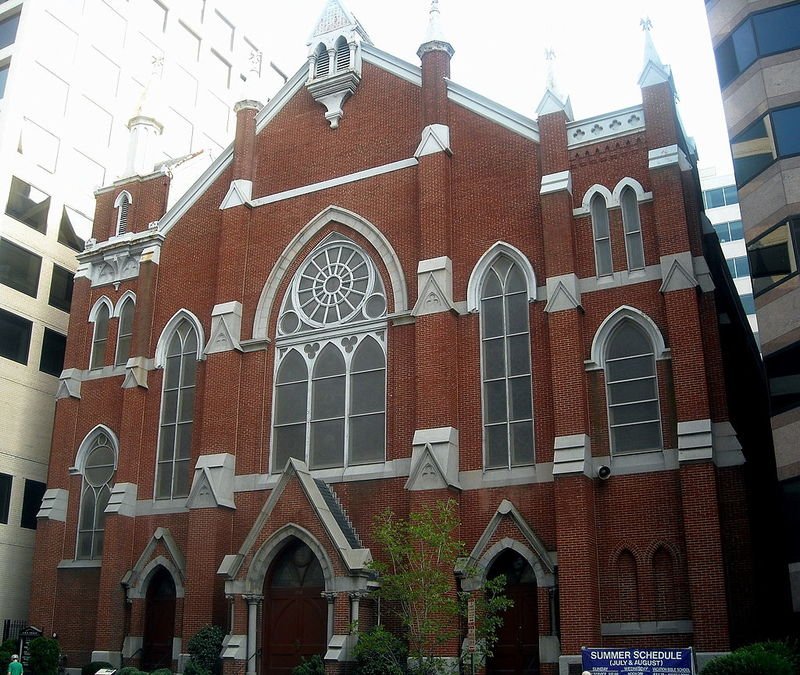

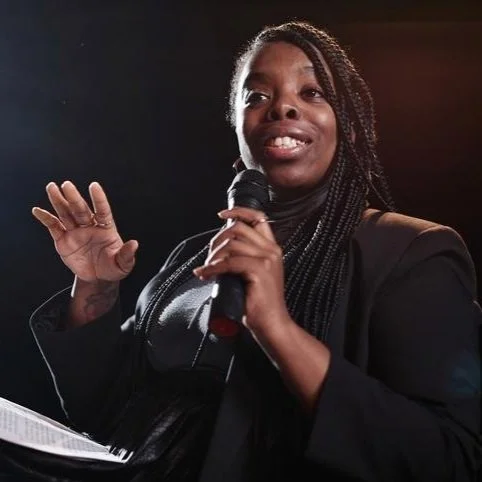
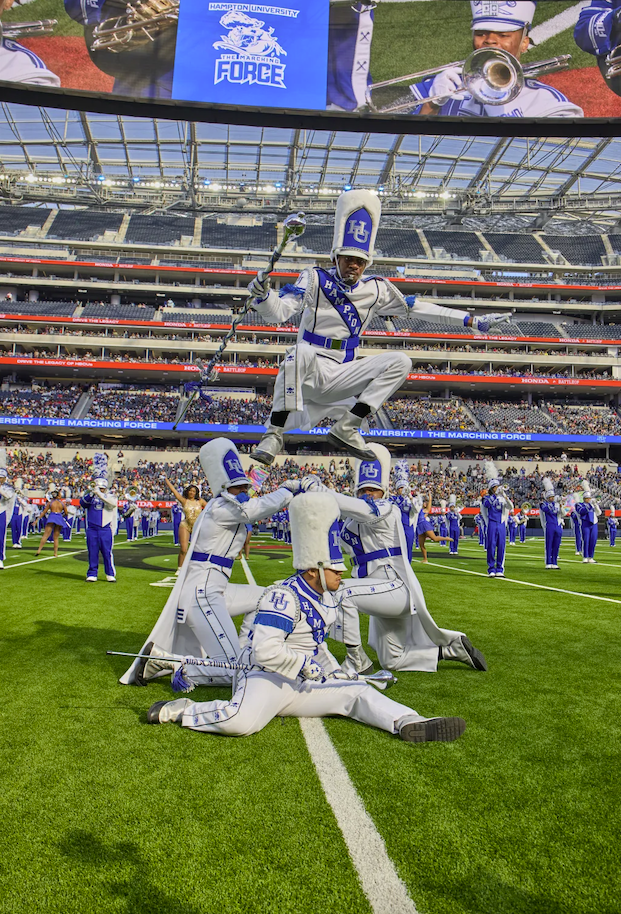
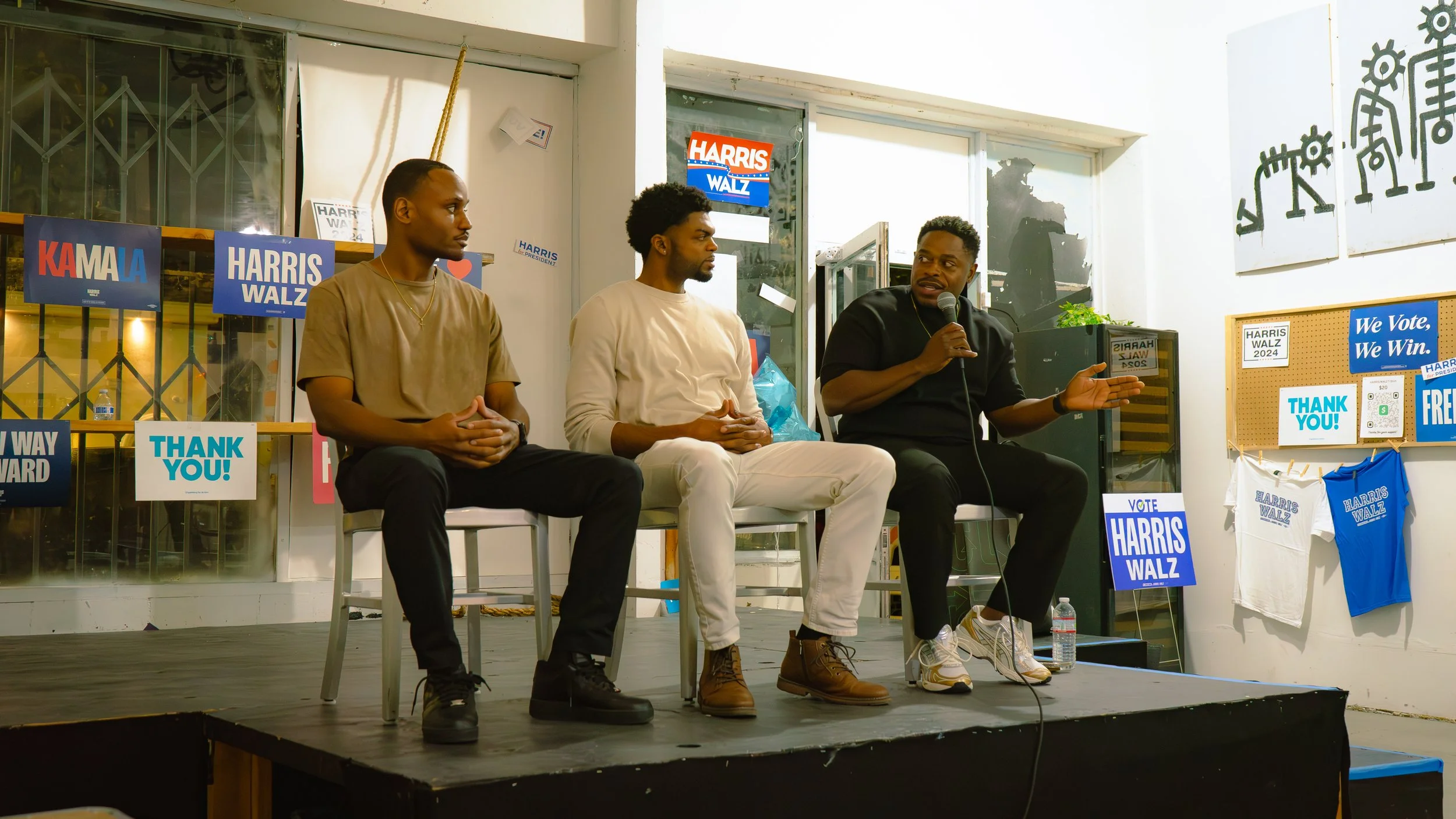
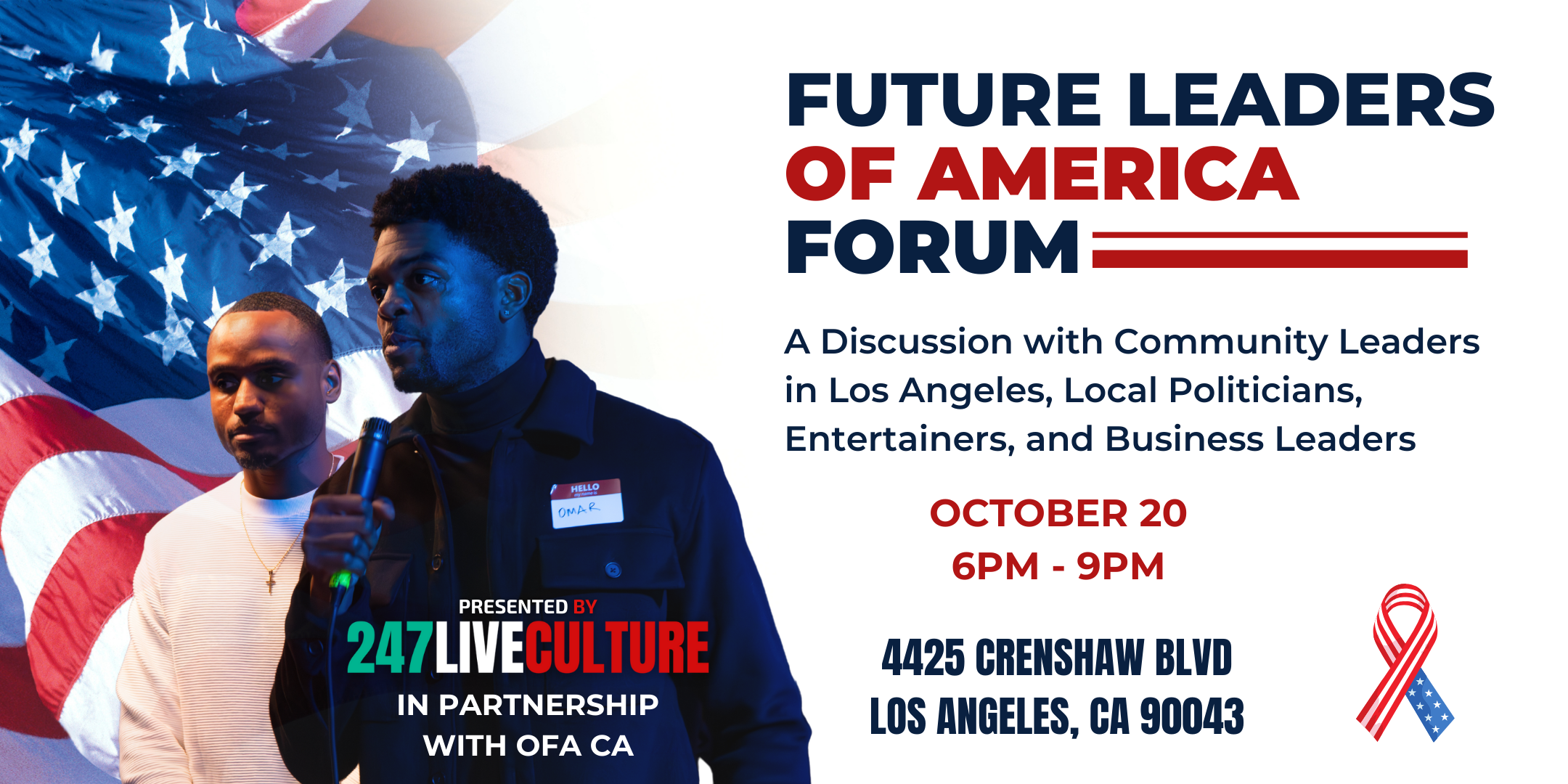








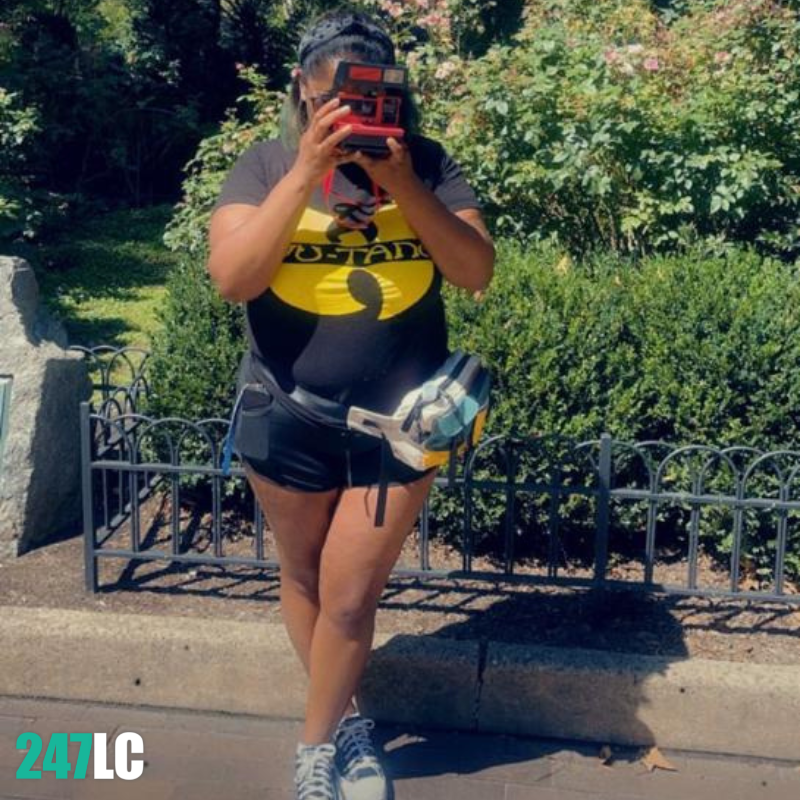


Meet Adonis Armstrong, Co-Founder & President of 247 Live Culture!
Email: Adonis@247LiveCulture.com